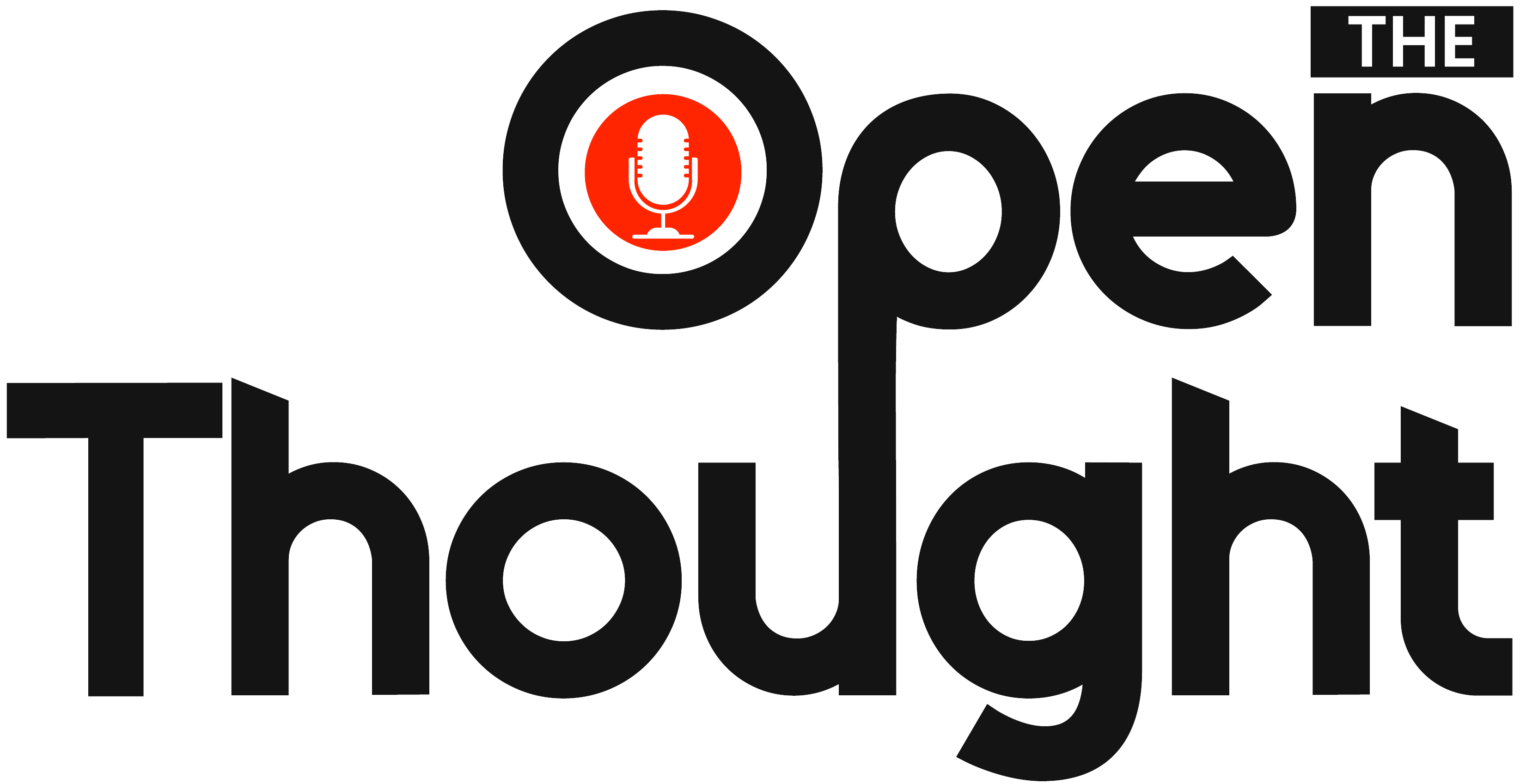By Dr. Sanjay Mehrotra, Senior Consultant – Cardiology, Director – Cathlab Services, Narayana Institute of Cardiac Sciences.
Imagine living with a serious health condition for years without realizing it. This is the reality for millions of people across the globe who suffer from hypertension, often referred to as the “silent killer.” Despite its widespread prevalence, hypertension remains one of the most misunderstood and underdiagnosed conditions, quietly causing significant harm to the body. Let’s explore why this condition is so dangerous and how you can safeguard your health.
Understanding Hypertension and Its Effects
Hypertension, or high blood pressure, occurs when the force of blood against the artery walls remains consistently elevated. Although blood pressure naturally fluctuates, sustained high levels can lead to serious health complications. Often presenting no symptoms, hypertension is known as a “silent killer” because it causes damage without early warning signs.
The heart endures a heavy strain, as hypertension forces it to work harder, potentially leading to thickened heart muscles, heart failure, and an increased likelihood of heart attacks and strokes. Beyond cardiovascular concerns, hypertension can harm the kidneys, increasing the risk of disease or failure, and affect the brain, elevating the chances of strokes and vascular dementia. It can also damage blood vessels in the eyes, which may result in vision problems or blindness. Research suggests that uncontrolled hypertension is a leading cause of cardiovascular-related deaths worldwide, emphasizing the urgency of addressing this condition.
Causes and Risk Factors
Hypertension develops due to a combination of lifestyle and genetic factors. Poor dietary habits, especially those involving excessive salt and insufficient potassium intake, play a significant role. A sedentary lifestyle, obesity, chronic stress, and excessive alcohol consumption further elevate the risk. Genetics also influence susceptibility—those with a family history of high blood pressure are at a greater risk. Aging, which leads to reduced elasticity in blood vessels, is another contributing factor, and conditions such as diabetes and obesity frequently coexist with hypertension, intensifying its impact.
A troubling trend is the increasing prevalence of hypertension among younger individuals due to unhealthy lifestyle choices. Excessive screen time, reliance on processed foods, and a lack of physical activity are making younger populations more vulnerable to high blood pressure, posing a growing public health concern.
The Importance of Early Detection
One of the most effective ways to combat hypertension is through early detection. Routine blood pressure checks, even for those who feel healthy, are crucial. A normal reading is typically around 120/80 mmHg, and consistently higher readings should prompt medical attention. Home blood pressure monitors can help track changes and facilitate timely medical intervention.
According to the World Health Organization (WHO), nearly half of adults with hypertension are unaware they have it. This highlights the need for routine screenings and public health initiatives to increase awareness. Early detection not only prevents severe complications but also reduces the financial burden associated with treating advanced hypertension-related illnesses.
Prevention and Management
The good news is that hypertension can be both prevented and managed. Adopting a heart-healthy diet—rich in fruits, vegetables, whole grains, and lean proteins while minimizing salt intake—can significantly improve blood pressure levels. Regular exercise, such as brisk walking, cycling, or yoga, strengthens the heart, aids in weight management, and reduces stress. Techniques like mindfulness and meditation further contribute to maintaining optimal blood pressure levels. Avoiding smoking and limiting alcohol intake are also essential steps in lowering risk.
Advancements in technology, including wearable fitness trackers, are now assisting in hypertension management. These devices help individuals monitor physical activity, heart rate, and even blood pressure in real time, enabling them to make informed health choices.
In some cases, lifestyle modifications alone may not be sufficient. Doctors may prescribe anti-hypertensive medications to help regulate blood pressure. It is vital to adhere to prescribed dosages and schedules, as missing doses or discontinuing medication without consulting a doctor can be dangerous. These medications not only lower blood pressure but also reduce the long-term risks of complications like heart disease and stroke.
Personalized Care and Community Awareness
Managing hypertension requires a tailored approach. Healthcare providers consider individual medical histories, age, and other existing conditions when formulating treatment plans. Regular check-ups ensure the effectiveness of prescribed treatments and allow for necessary adjustments.
Raising community awareness is just as crucial. Public health initiatives, workplace wellness programs, and educational campaigns can help inform people about the risks associated with hypertension and the importance of preventive measures. Encouraging healthier eating habits and making home blood pressure monitors more accessible can significantly contribute to widespread participation in hypertension prevention.
Taking Charge of Your Health
Although hypertension is a silent threat, it is one that can be effectively controlled with the right measures. Prioritizing regular check-ups, adopting a healthier lifestyle, making gradual improvements to diet and exercise, and managing stress are all essential steps. If medication is prescribed, it is important to take it consistently and maintain open communication with your doctor.
By increasing awareness and taking proactive steps, hypertension can be transformed from a hidden danger into a manageable condition. With the help of new technologies, community support, and informed choices, combating hypertension is more effective than ever. Take action today to safeguard your heart and ensure a healthier future—your heart will thank you for it.
By Dr. Sanjay Mehrotra, Senior Consultant – Cardiology, Director – Cathlab Services, Narayana Institute of Cardiac Sciences.
Imagine living with a serious health condition for years without realizing it. This is the reality for millions of people across the globe who suffer from hypertension, often referred to as the “silent killer.” Despite its widespread prevalence, hypertension remains one of the most misunderstood and underdiagnosed conditions, quietly causing significant harm to the body. Let’s explore why this condition is so dangerous and how you can safeguard your health.
Understanding Hypertension and Its Effects
Hypertension, or high blood pressure, occurs when the force of blood against the artery walls remains consistently elevated. Although blood pressure naturally fluctuates, sustained high levels can lead to serious health complications. Often presenting no symptoms, hypertension is known as a “silent killer” because it causes damage without early warning signs.
The heart endures a heavy strain, as hypertension forces it to work harder, potentially leading to thickened heart muscles, heart failure, and an increased likelihood of heart attacks and strokes. Beyond cardiovascular concerns, hypertension can harm the kidneys, increasing the risk of disease or failure, and affect the brain, elevating the chances of strokes and vascular dementia. It can also damage blood vessels in the eyes, which may result in vision problems or blindness. Research suggests that uncontrolled hypertension is a leading cause of cardiovascular-related deaths worldwide, emphasizing the urgency of addressing this condition.
Causes and Risk Factors
Hypertension develops due to a combination of lifestyle and genetic factors. Poor dietary habits, especially those involving excessive salt and insufficient potassium intake, play a significant role. A sedentary lifestyle, obesity, chronic stress, and excessive alcohol consumption further elevate the risk. Genetics also influence susceptibility—those with a family history of high blood pressure are at a greater risk. Aging, which leads to reduced elasticity in blood vessels, is another contributing factor, and conditions such as diabetes and obesity frequently coexist with hypertension, intensifying its impact.
A troubling trend is the increasing prevalence of hypertension among younger individuals due to unhealthy lifestyle choices. Excessive screen time, reliance on processed foods, and a lack of physical activity are making younger populations more vulnerable to high blood pressure, posing a growing public health concern.
The Importance of Early Detection
One of the most effective ways to combat hypertension is through early detection. Routine blood pressure checks, even for those who feel healthy, are crucial. A normal reading is typically around 120/80 mmHg, and consistently higher readings should prompt medical attention. Home blood pressure monitors can help track changes and facilitate timely medical intervention.
According to the World Health Organization (WHO), nearly half of adults with hypertension are unaware they have it. This highlights the need for routine screenings and public health initiatives to increase awareness. Early detection not only prevents severe complications but also reduces the financial burden associated with treating advanced hypertension-related illnesses.
Prevention and Management
The good news is that hypertension can be both prevented and managed. Adopting a heart-healthy diet—rich in fruits, vegetables, whole grains, and lean proteins while minimizing salt intake—can significantly improve blood pressure levels. Regular exercise, such as brisk walking, cycling, or yoga, strengthens the heart, aids in weight management, and reduces stress. Techniques like mindfulness and meditation further contribute to maintaining optimal blood pressure levels. Avoiding smoking and limiting alcohol intake are also essential steps in lowering risk.
Advancements in technology, including wearable fitness trackers, are now assisting in hypertension management. These devices help individuals monitor physical activity, heart rate, and even blood pressure in real time, enabling them to make informed health choices.
In some cases, lifestyle modifications alone may not be sufficient. Doctors may prescribe anti-hypertensive medications to help regulate blood pressure. It is vital to adhere to prescribed dosages and schedules, as missing doses or discontinuing medication without consulting a doctor can be dangerous. These medications not only lower blood pressure but also reduce the long-term risks of complications like heart disease and stroke.
Personalized Care and Community Awareness
Managing hypertension requires a tailored approach. Healthcare providers consider individual medical histories, age, and other existing conditions when formulating treatment plans. Regular check-ups ensure the effectiveness of prescribed treatments and allow for necessary adjustments.
Raising community awareness is just as crucial. Public health initiatives, workplace wellness programs, and educational campaigns can help inform people about the risks associated with hypertension and the importance of preventive measures. Encouraging healthier eating habits and making home blood pressure monitors more accessible can significantly contribute to widespread participation in hypertension prevention.
Taking Charge of Your Health
Although hypertension is a silent threat, it is one that can be effectively controlled with the right measures. Prioritizing regular check-ups, adopting a healthier lifestyle, making gradual improvements to diet and exercise, and managing stress are all essential steps. If medication is prescribed, it is important to take it consistently and maintain open communication with your doctor.
By increasing awareness and taking proactive steps, hypertension can be transformed from a hidden danger into a manageable condition. With the help of new technologies, community support, and informed choices, combating hypertension is more effective than ever. Take action today to safeguard your heart and ensure a healthier future—your heart will thank you for it.

